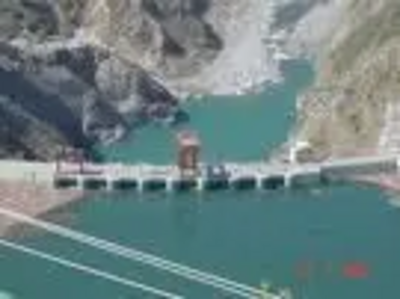Rowen raises concern for Bangladesh over Tipaimukh Dam

Rochdale MP Paul Rowen has expressed his concern at the Indian Government's decision to construct the Tipaimukh Dam close to the India/Bangladesh border. Paul, who has recently signed EDM 1572 which calls on the Indian Government to re-think its proposed plans, has stated that the effect on the local environment could be 'potentially devastating.'
The proposed Tipaimukh dam is to be located 500 metres downstream from the confluence of Barak and Tuivai rivers in the south-western corner of Manipur State of India at the upper reaches of Surma and Kushiara Rivers and within 100 km of Bangladesh Zakigonj border of Sylhet
The construction of the dam has also raised concerns amongst the Bangladeshi Government, Bangladeshi and Indian people, environmentalists and naturalists.
Paul Rowen said: "The Indian Government need to think long and hard before progressing with this project. There have been many concerns raised with this new dam development and it is important that these are addressed fully as soon as possible. I know that a number of experts have said that the proposed dam will reduce the natural monsoon flood patterns of the Sylhet region, adversely affecting cultivation and livelihoods in the area on a vast scale. They also fear India could hold up water flow during the dry season.
Paul added: "There are a number of British citizens that have property and family in Sylhet and I believe we should be making more of an effort to protect their interests. Our Government should be making urgent representations to the Indian government not to proceed with this project until there are reassurances about the water supply, the security of the dam and its full environmental impact."
